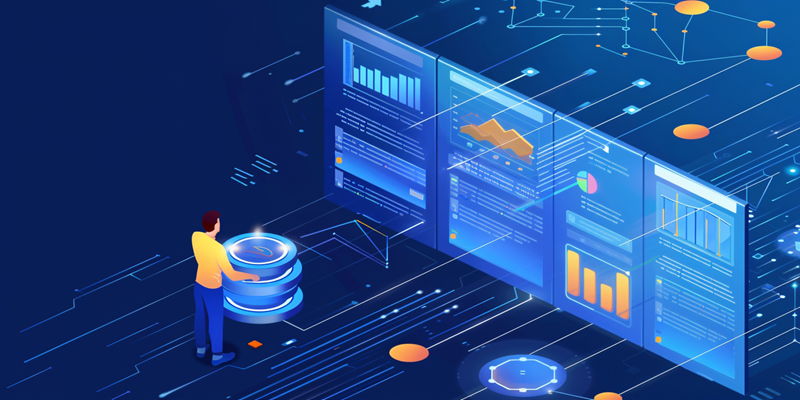In today’s digital age, data science is a critical frontier, facing complex challenges that demand meticulousness and creativity. Data has become a cornerstone in our digital society, and it is up to experts in the field to pioneer innovative solutions that can address both technical and ethical dilemmas. This exploration delves into the essential research areas that are essential for advancing the field of data science.
As we weave through the digital epoch, data science emerges as the frontier force tackling intricate challenges with finesse and innovation. It is an era where data stands as a pivotal element in the social fabric, and the responsibility lies with data science visionaries to guide us through an array of technical and moral intricacies. This discourse explores the significant research directions that are shaping the future trajectory of data science.
Deciphering Deep Learning’s Inner Workings
While deep learning has paved new pathways in technology, its intricate algorithms are like celestial bodies—visible yet distant in comprehension. The pursuit of understanding these neural networks calls for a fusion of theoretical mathematics with tangible experimentation. Peering into their digital synapses, researchers aim to elucidate the mathematical intricacies that form the nexus of decision-making and learning within these enigmatic constructs. This intellectual crusade not only demystifies their internal mechanics but also serves as the groundwork for further breakthroughs.
Unlocking the Mysteries of Causality
In the quest for deep truth, discerning causality in data’s complex web is crucial, especially in sectors like healthcare and economics, where understanding cause and effect can save lives and shape futures. To uncover these vital connections, new methodologies are essential. They sift through extensive datasets, sorting genuine causal relationships from mere correlations. The goal is to develop causal models that accurately represent real-world dynamics, navigating through noise and misleading links.
Handling Data’s Precious Nature
The rare jewels of the data realm—those datasets that are sparse, costly, or of exceptional significance—beckon methodologies that acknowledge their value and scarcity. Innovators in data science are weaving algorithms and analytical frameworks specifically designed to steward these valuable data resources with the finesse they necessitate. The careful curation and deployment of such data could unlock transformative prospects, but only through approaches that can earnestly capitalize on their distinctive characteristics without compromise.
Confronting Data Heterogeneity
The convergence of data from multifarious sources presents a battleground where uniformity clashes with variety. Data scientists labor towards mechanisms capable of harmonizing this heterogeneity, recognizing that the formidable trio of scalability, standardization, and uncertainty looms as adversaries. The innovation of potent data fusion techniques is the clarion call of the hour, promising to bind disparate streams into a unified flow of predictive prowess and domain insight.
Dealing with Incomplete and Noisy Data
Amid the constant hum of the data universe, incomplete and noisy datasets present themselves as Gordian knots, waiting to be untangled by the Alexanders of data science. The surge of interest in techniques that advocate for noise-resistant inference and differential privacy points to the dual need for extracting insights and securing data’s sanctity. The challenge of sustaining accuracy while protecting privacy often collides with the aspiration for large-scale applicability, casting a spotlight on the balancing act at the heart of contemporary data analysis techniques.
Establishing Trust in AI
In an age where artificial intelligence finds sanctuary in the most critical of infrastructures, trust becomes the currency. The narrative of Trustworthy AI entails more than just technical advancements; it requires a holistic reinvention of governance and accountability constructs. Data science experts, policymakers, and industry titans must align in an interdisciplinary symphony to ensure that these intellectual beings of our own creation adhere to the tenets of reliability and moral conduct.

